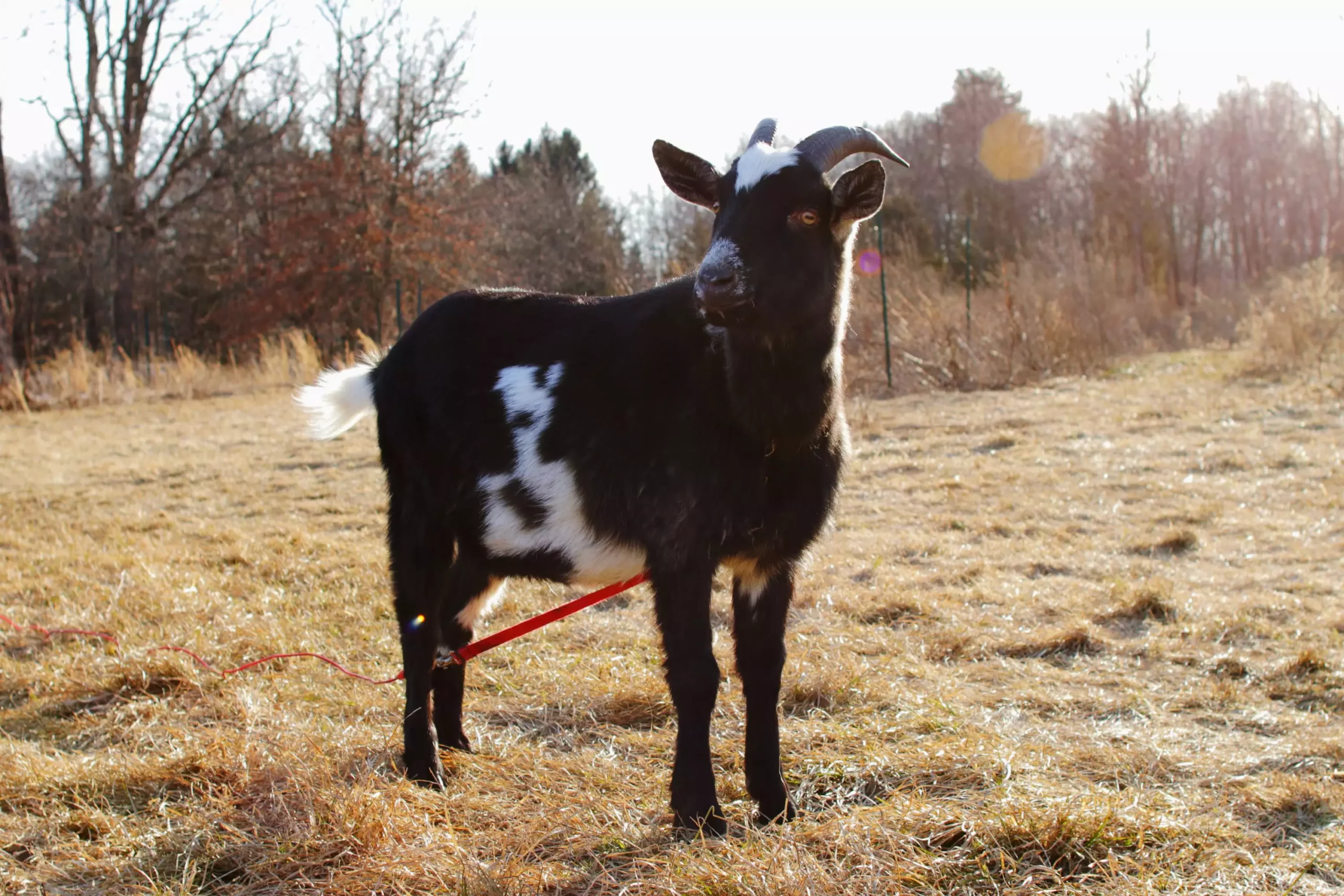Goats have long held a special place in agriculture and rural living, often regarded primarily for their utility in producing milk, meat, and fiber. However, their vibrant personalities and intelligence have gradually shifted them into the spotlight as beloved companion animals, particularly in urban and suburban settings. This article delves deeply into the considerations surrounding goat ownership, highlighting the unique traits that make goats enjoyable pets and the responsibilities that come with them.
Historically, goats have been vital to human societies, being one of the earliest domesticated species. They exhibit a wide variety of breeds, each with distinct characteristics and temperaments, contributing to their increasing popularity as pets. Dwarf or pygmy goats, in particular, are favored for their manageable size and affectionate nature. These breeds, with their playful antics and engaging behaviors, prove to be delightful companions, often reminiscent of dogs in their desire for interaction and attention.
For potential goat owners, understanding the social nature of goats is crucial. As herd animals, goats thrive on companionship and should ideally be kept in pairs or small groups. Solitary goats can exhibit signs of stress and anxiety, making it essential to consider these social needs before embarking on goat ownership.
It’s important to fully appreciate the space that goats need. Contrary to common perceptions that one can simply keep a goat in a backyard, goats require ample space to roam, graze, and express their natural behaviors. For smaller goat breeds, approximately 135 square feet per goat is advised, while larger breeds, such as Nubians, necessitate more room. Additionally, sturdy fencing is essential, as these agile creatures are adept climbers and jumpers.
A suitable living environment should feature areas for shelter, sun, and shade—protection from the elements is paramount. Constructing a barn or shelter that is draft-free with secure walls and elevated windows will keep goats safe from predators and harsh weather conditions. It is critical to design the surroundings in a way that allows for their natural instincts to come into play, such as climbing and exploring.
One might be surprised to learn that goats are somewhat selective eaters despite their reputation for browsing freely. An essential part of goat ownership is ensuring a balanced diet that includes not only pasture grasses but also hay, grains, and vegetables. Due to their sometimes picky behavior, providing clean, above-ground feeding options can help maintain their health and prevent dietary issues.
Additionally, goats require regular access to fresh water and a range of minerals. Consulting with a veterinarian to establish the right dietary regimen is a wise move, as improper nutrition can lead to serious health issues. Goat owners must also be prepared for the physical demands of care—transporting bales of hay and managing supplemental feeds can be cumbersome but is vital for producing healthy, happy goats.
Just like any pet, goats are prone to various health concerns that owners should be vigilant about. Regular check-ups with veterinarians experienced in working with farm animals are necessary to monitor for diseases that can impact goat populations. Conditions such as Caprine arthritis encephalitis (CAE) and Pseudorabies highlight the importance of vaccinations and preventative care, ensuring that your goats remain healthy members of your family.
Routine maintenance, like hoof trimming and basic grooming, should not be underestimated. Goats need their hooves trimmed regularly as prolonged neglect could lead to painful conditions. Understanding these preventive practices is essential for successful goat ownership.
One of the most rewarding aspects of owning goats is the bond that can develop between them and their human caretakers. Goats are known for their affectionate nature, often exhibiting playful behavior that can provide countless hours of entertainment. They respond well to training and can even learn simple commands and tricks. Establishing a routine that includes daily handling will foster trust and reduce aggressive tendencies that can arise from jealousy among goats.
Interaction with your goats through feeding, grooming, and simply spending time with them not only builds their social skills but also enhances the emotional quality of their lives. Given their intelligence, a lack of mental stimulation can lead to boredom and behavioral issues, so incorporating toys or play equipment into their environment is beneficial.
For those prepared to meet their unique needs, goats can be incredibly engaging and gratifying pets. From their lively spirit to their social nature, goats offer companionship akin to dogs but come with the additional responsibilities typical of larger livestock. With the proper care, attention, and understanding, they can transform an ordinary yard into a lively, pastoral experience, enriching the lives of their owners for years to come. Before deciding to welcome goats into your home, reflect on your capacity to fulfill their needs—not simply as pets but as cherished members of the family, ensuring a joyful and enriching partnership.


Leave a Reply